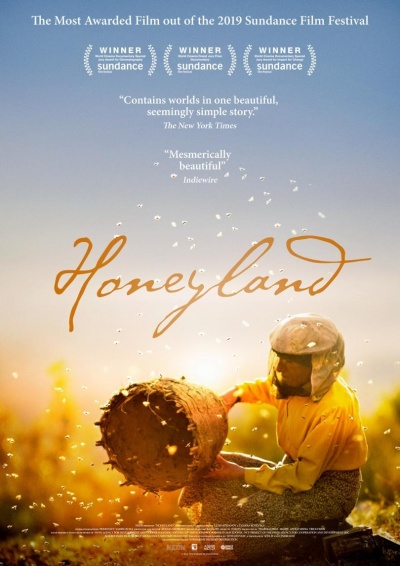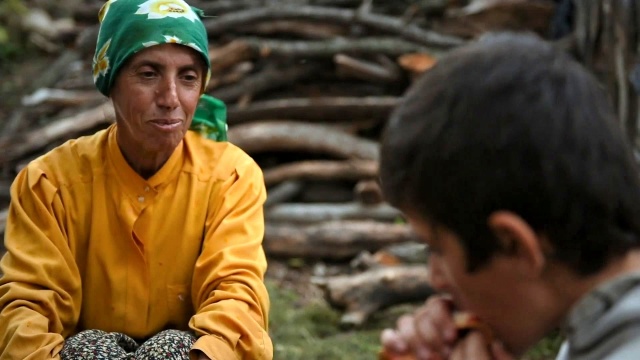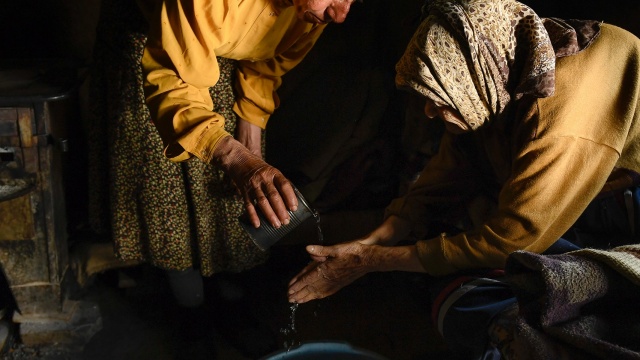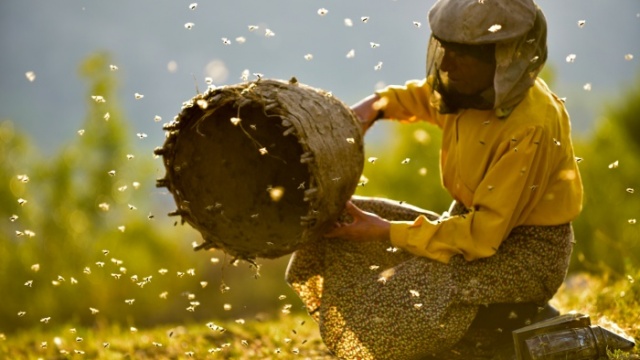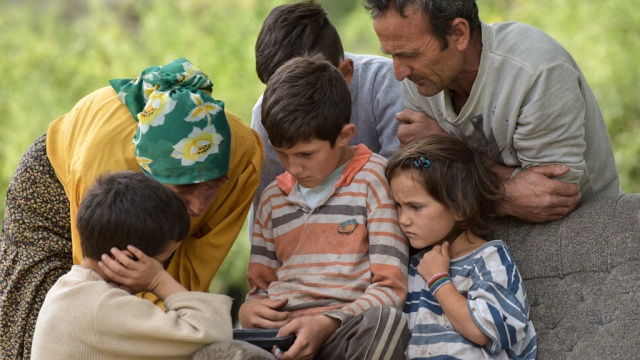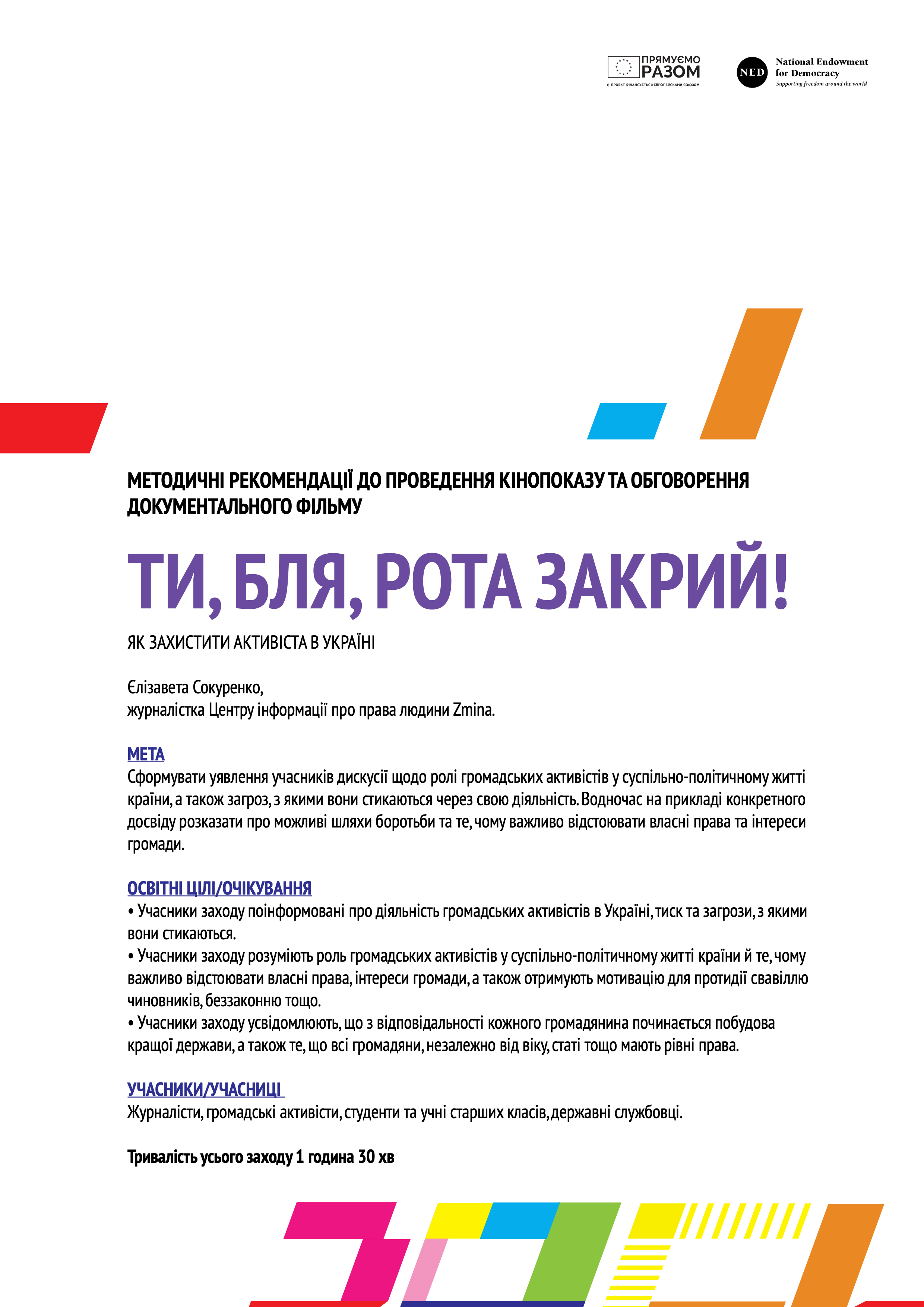The discussion with the audience was more rhetorical in nature with difficult questions which have no definite answers: Can we interfere in untouched wild nature? What threats does it pose and what we’re willing to sacrifice for the sake of preserving the environment? And, as life experience shows, due to their lack of awareness, hardly anyone thinks about their negative impact on the environment, and if someone benefits from natural resources, they take everything they can without thinking about the consequences. But definitely, the more we talk about these topics, the quicker humanity’s mind will change and our responsibility will grow.
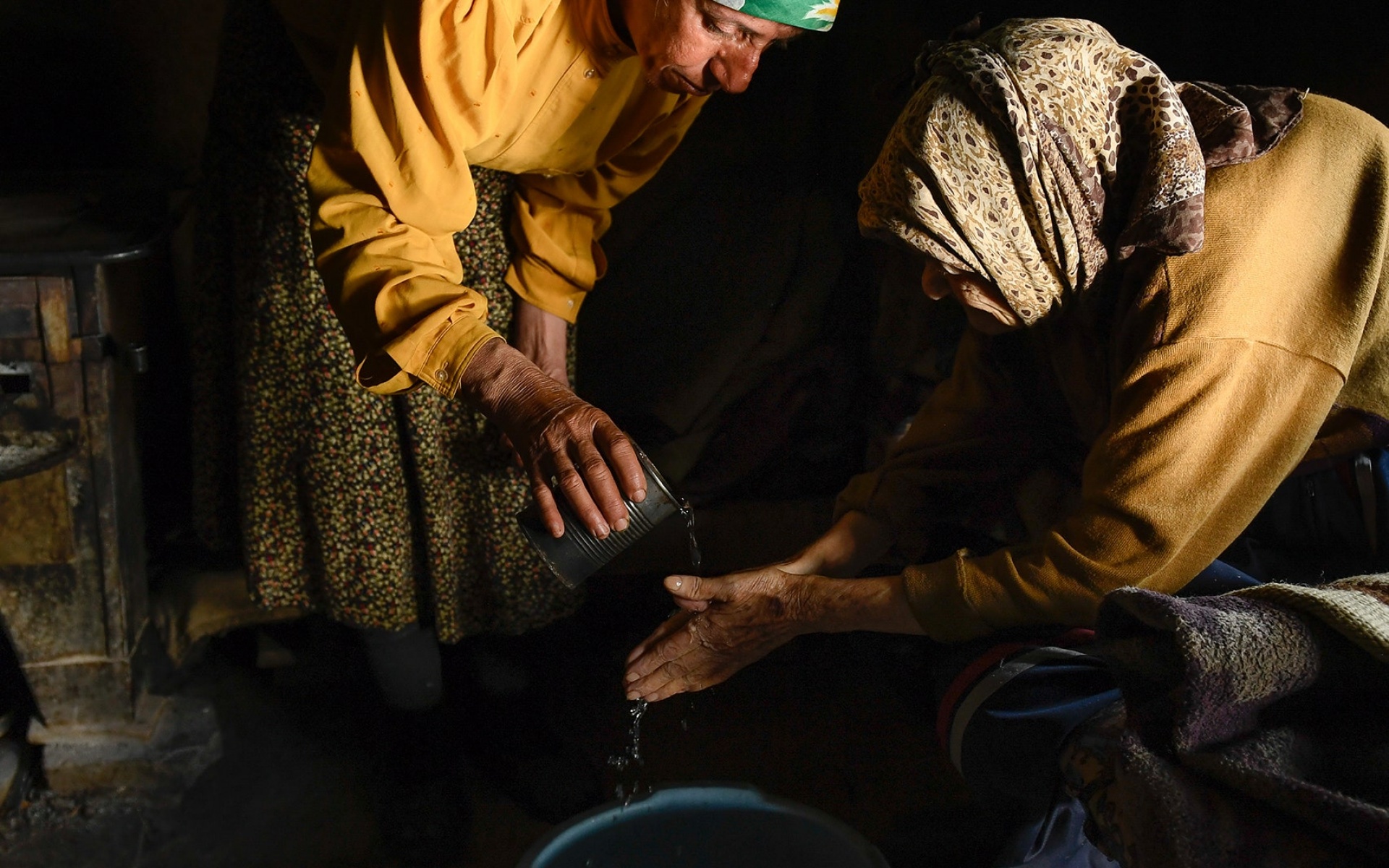
Honeyland
Honeyland
In a deserted Macedonian village, Hatidze, a 50-something woman, trudges up a hillside to check her bee colonies nestled in the rocks. Serenading them with a secret chant, she gently manoeuvres the honeycomb without netting or gloves. Back at her homestead, Hatidze tends to her handmade hives and her bedridden mother, occasionally heading to the capital to market her wares. One day, an itinerant family installs itself next door, and Hatidze’s peaceful kingdom gives way to roaring engines, seven shrieking children, and 150 cows. Soon the family’s patriarch Hussein makes a series of decisions that could destroy Hatidze’s way of life forever.
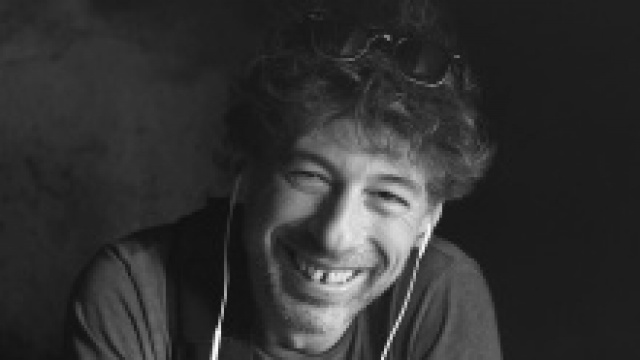
Director
Ljubomir Stefanov
Ljubomir Stefanov was born in 1975 in Skopje, Macedonia. He has over 20 years of experience in developing and producing communication concepts and documentaries related to environmental issues and human development. He has worked for clients such as UN agencies, Euronatur and Swisscontact. Honeyland is his first feature-length documentary.
The Noisy Neighbours (2005), Lake Of Apples (2017), Honeyland (2019)
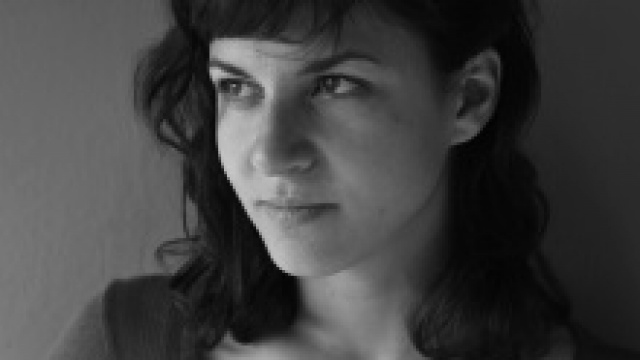
Director
Tamara Kotevska
Tamara Kotevska was born in 1993 in Prilep, Macedonia and currently lives in Skopje. She graduated in film directing from the Faculty of Dramatic Arts Skopje. She is a freelance film director working with documentary and fiction films. Honeyland is her first feature-length documentary.
Lake Of Apples (2017), Honeyland (2019)
